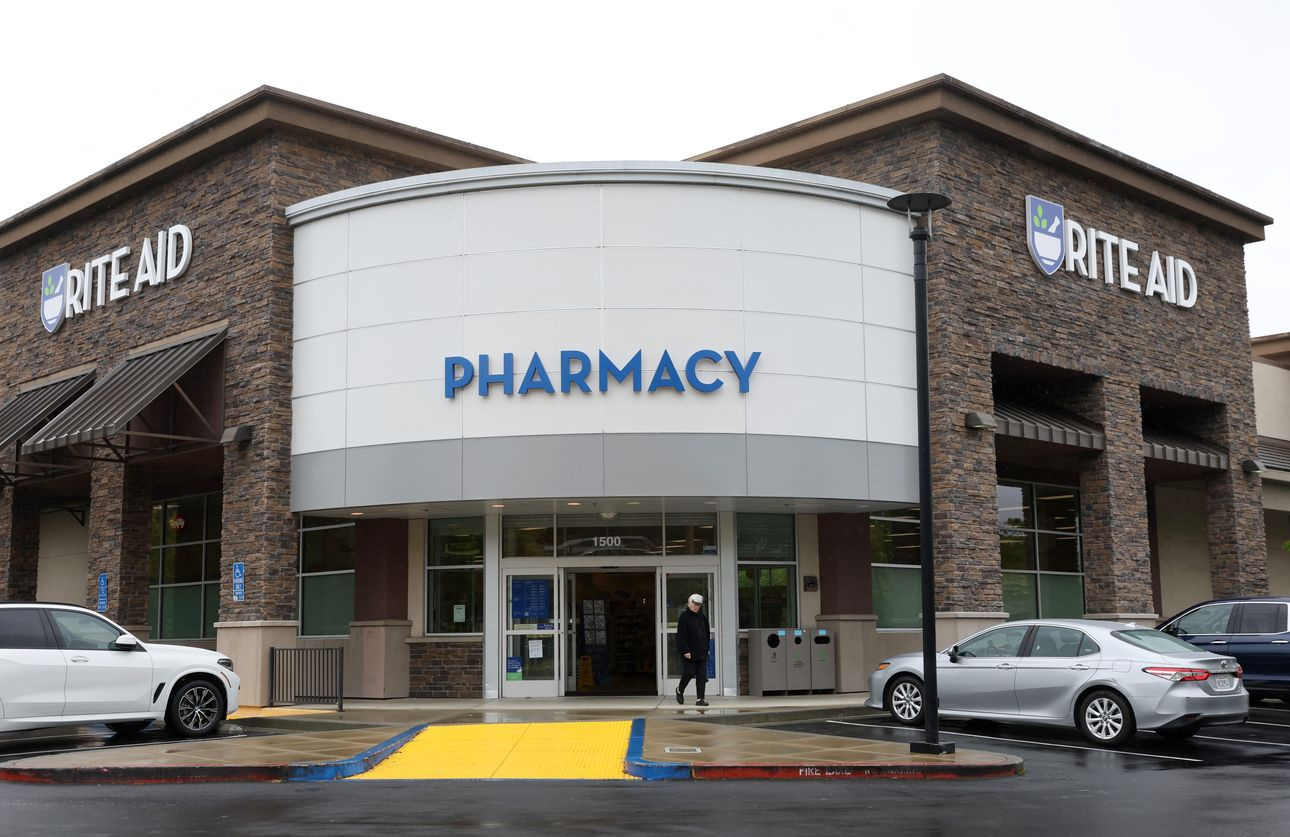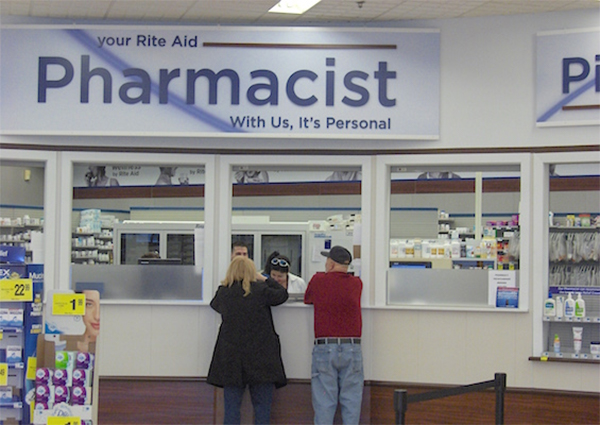
DOJ Sues Rite Aid for Allegedly Filling Opioid Prescriptions With ‘Obvious Red Flags’
Complaint alleges hundreds of thousands of unlawful prescriptions were filled between 2014 and 2019
By Tristan Justice
Rite Aid Corp. knowingly filled unlawful prescriptions for controlled substances, ignoring red flags and helping fuel the country’s opioid epidemic, the Justice Department alleged in a lawsuit.
The department filed the complaint against the pharmacy chain Monday in federal court in Cleveland, joining an existing whistle blower lawsuit filed in Ohio in October 2019.
It alleges that Rite Aid’s pharmacists filled prescriptions “with obvious red flags” over a five-year period from May 2014 through June 2019, and that the company intentionally deleted notes about prescribers who were deemed suspicious.
Hundreds of thousands of unlawful prescriptions for controlled substances were filled during that time, the Justice Department said. They included a combination of highly abused and dangerous drugs known as “the trinity,” which consists of an opioid like oxycodone, a benzodiazepine such as alprazolam, and a muscle relaxant or stimulant, according to the department. Other red flags, it said, included allowing prescriptions for “excessive quantities of controlled substances” and filling prescription refills sooner than allowed.
The lawsuit also alleges that Rite Aid’s government affairs department repeatedly directed another department to delete notes that pharmacists wrote about suspicious prescribers and orders, and said the company didn’t have sufficient protocol to prevent the filling of unlawful prescriptions.
“These practices opened the floodgates for millions of opioid pills and other controlled substances to flow illegally out of Rite Aid’s stores,” said Associate Attorney General Vanita Gupta.
Rite Aid, with more than 2,200 pharmacies in over a dozen states, is one of the largest pharmacy chains in the U.S., according to the Justice Department.
A spokeswoman for Rite Aid declined to comment, citing continuing litigation.
Three former Rite Aid employees who worked at various pharmacies filed a lawsuit against the company in October 2019. The Justice Department said Monday the federal government can, under the False Claims Act, “intervene and take over the lawsuit, as it has done here in part.”
Monday’s complaint is the latest in a string of lawsuits by state, federal and local officials alleging that drug distributors and others contributed to the prescription opioid epidemic in various ways.
The Justice Department sued AmerisourceBergen Corp. in December 2022, alleging the drug distributor failed to report suspicious orders to law enforcement. AmerisourceBergen said at the time the department was attempting to “shift the onus of interpreting and enforcing the law from the Department of Justice and Drug Enforcement Administration to an industry they are tasked with regulating and policing.”
The suit came two years after the U.S. sued Walmart Inc., accusing the retailer of inadequately screening for questionable prescriptions despite warnings from its pharmacists. Walmart has said the lawsuit, which it sought to dismiss, is “riddled with factual inaccuracies.”
AmerisourceBergen, fellow drug distributors McKesson Corp. and Cardinal Health Inc. and Johnson and Johnson finalized a nearly $26 billion settlement in February 2022 to resolve opioid-related claims from state and local governments. Pharmacy chains CVS Health Corp. and Walgreens Boots Alliance Inc., meanwhile, agreed in November to pay more than $10 billion to resolve opioid-crisis lawsuits brought by states, cities and other governments. Walmart later that month added to the landmark settlement, agreeing to pay $3.1 billion to settle opioid-crisis lawsuits brought by several states and municipalities.
The companies didn’t admit wrongdoing in their deals.





